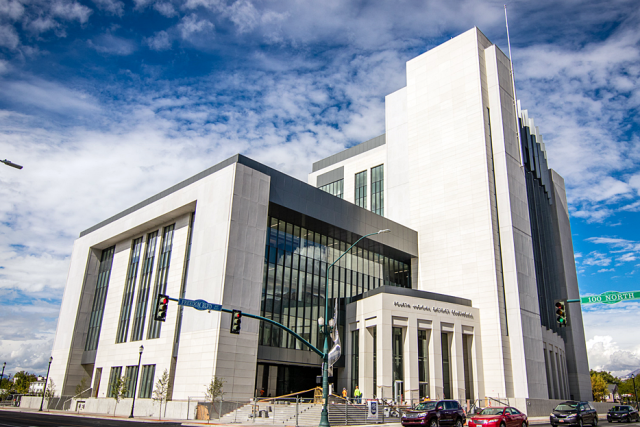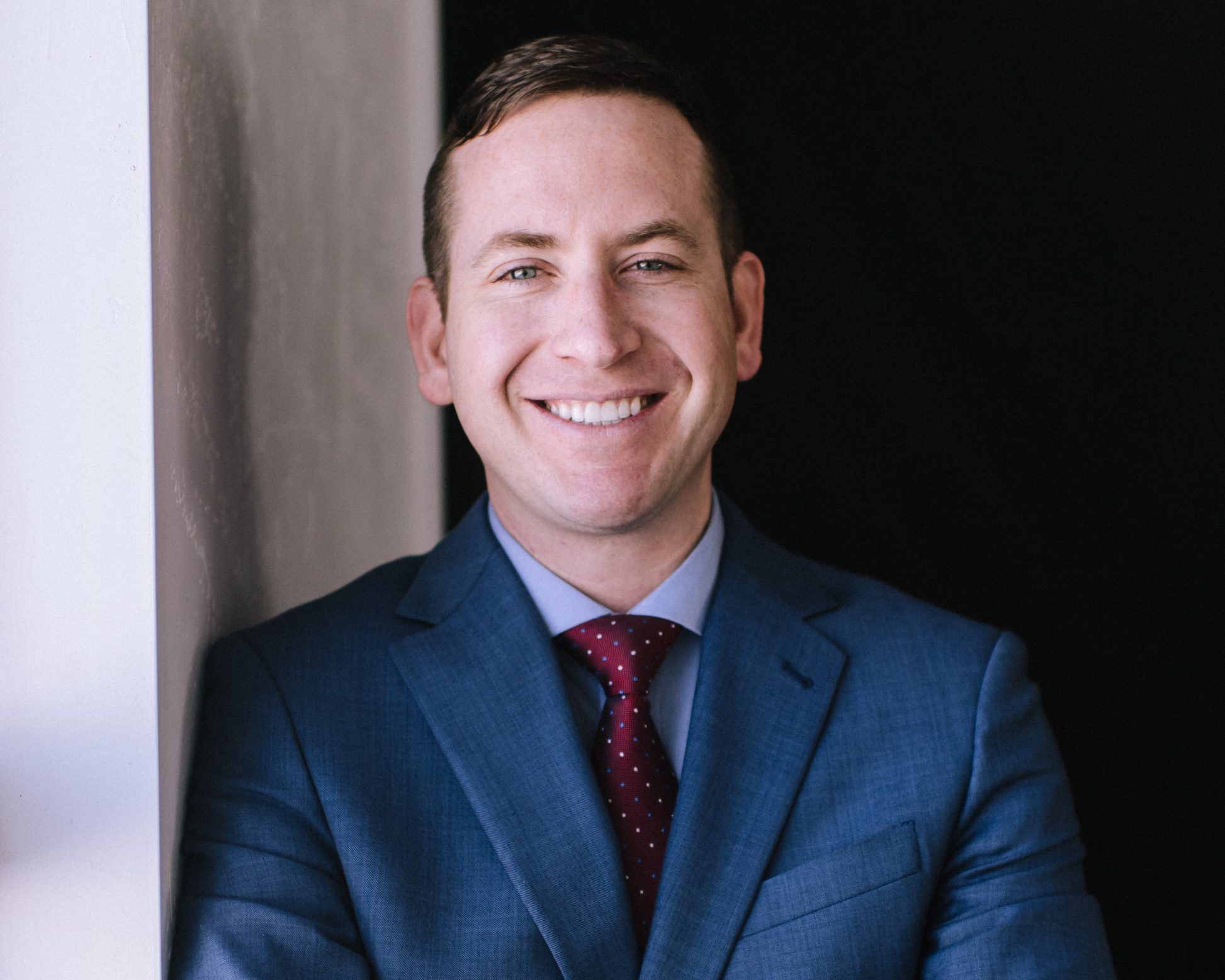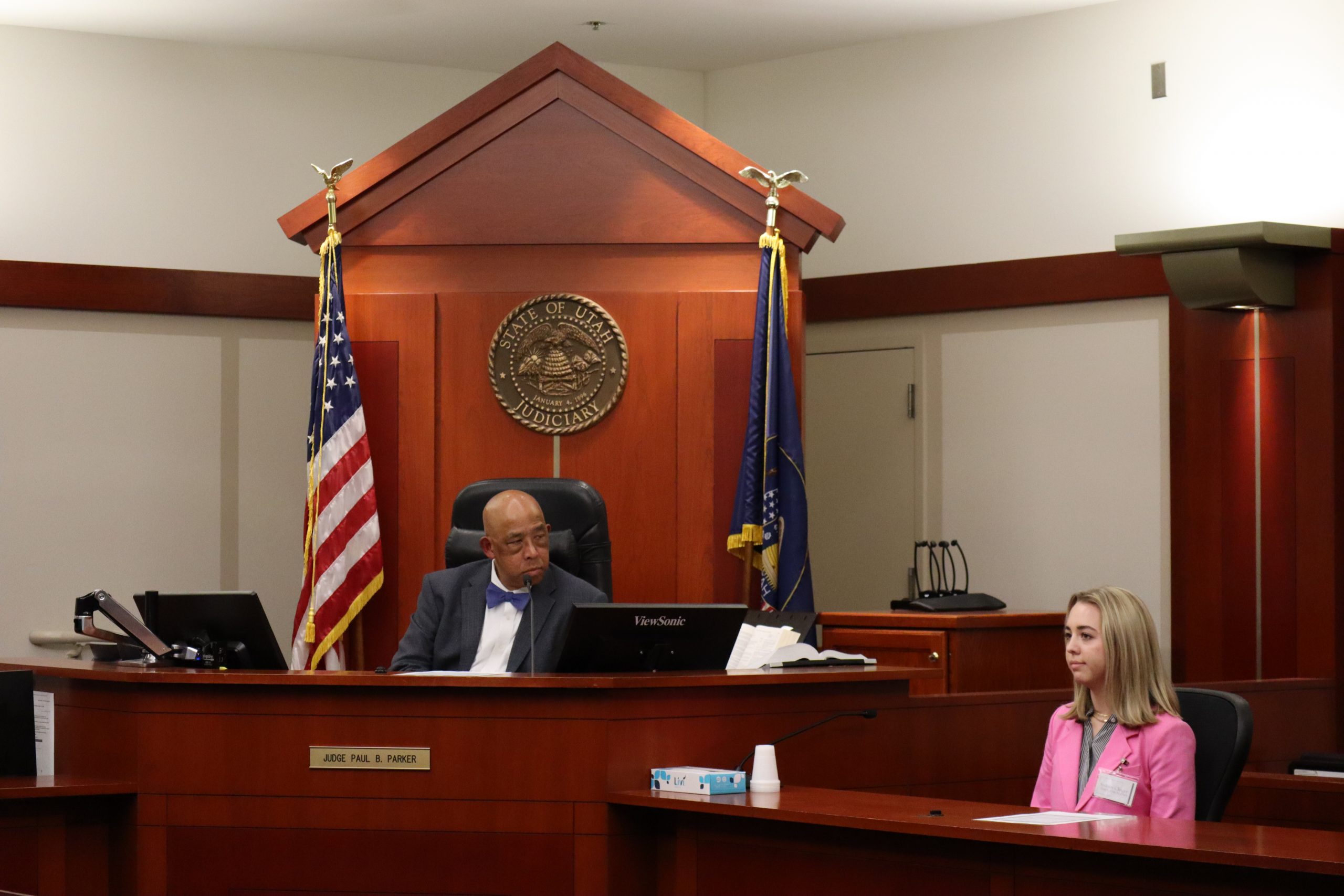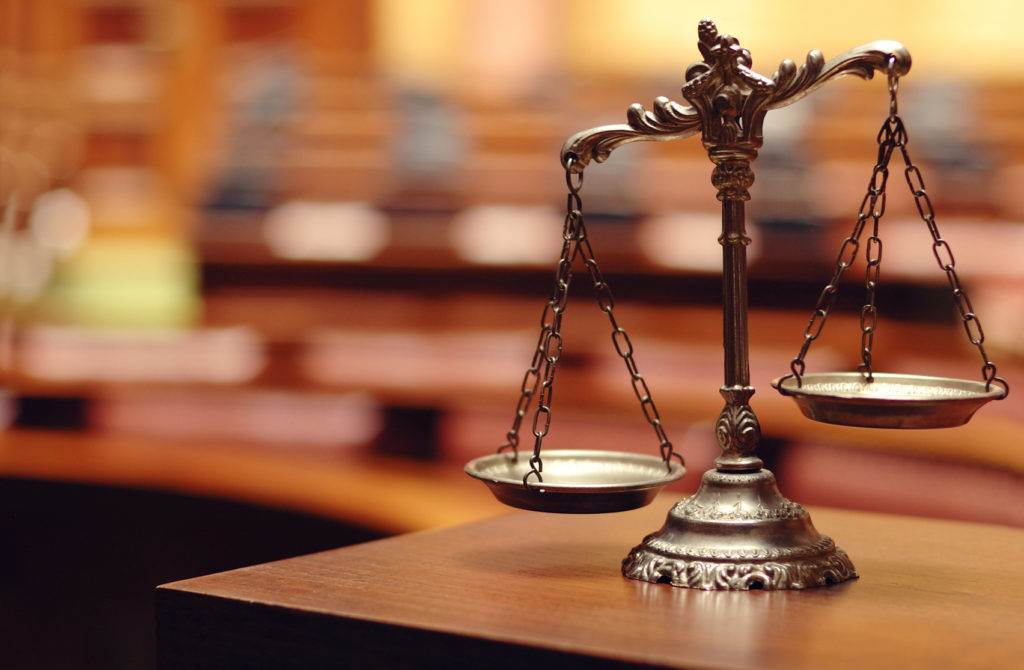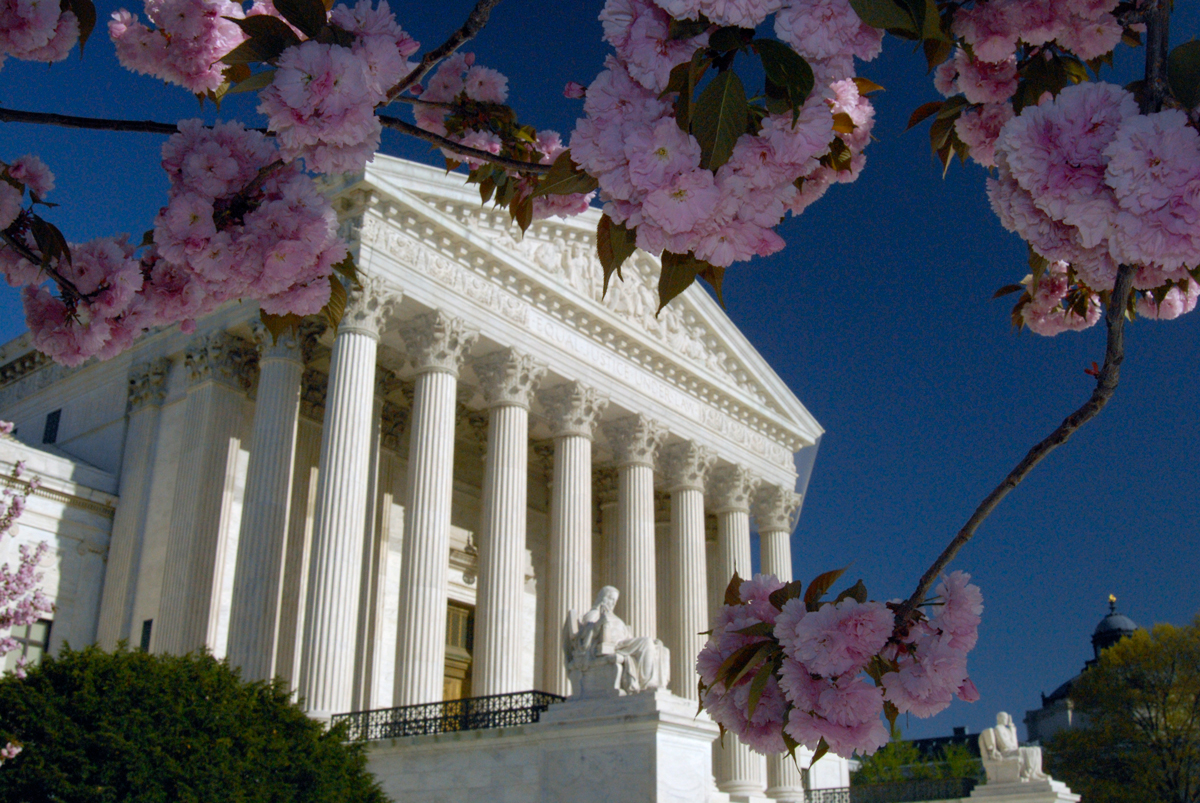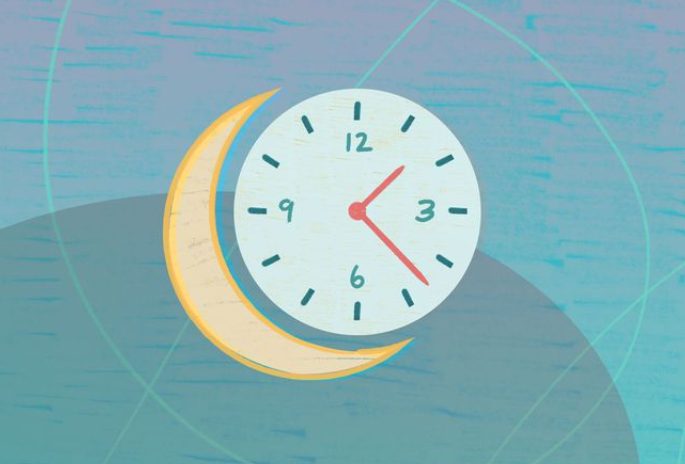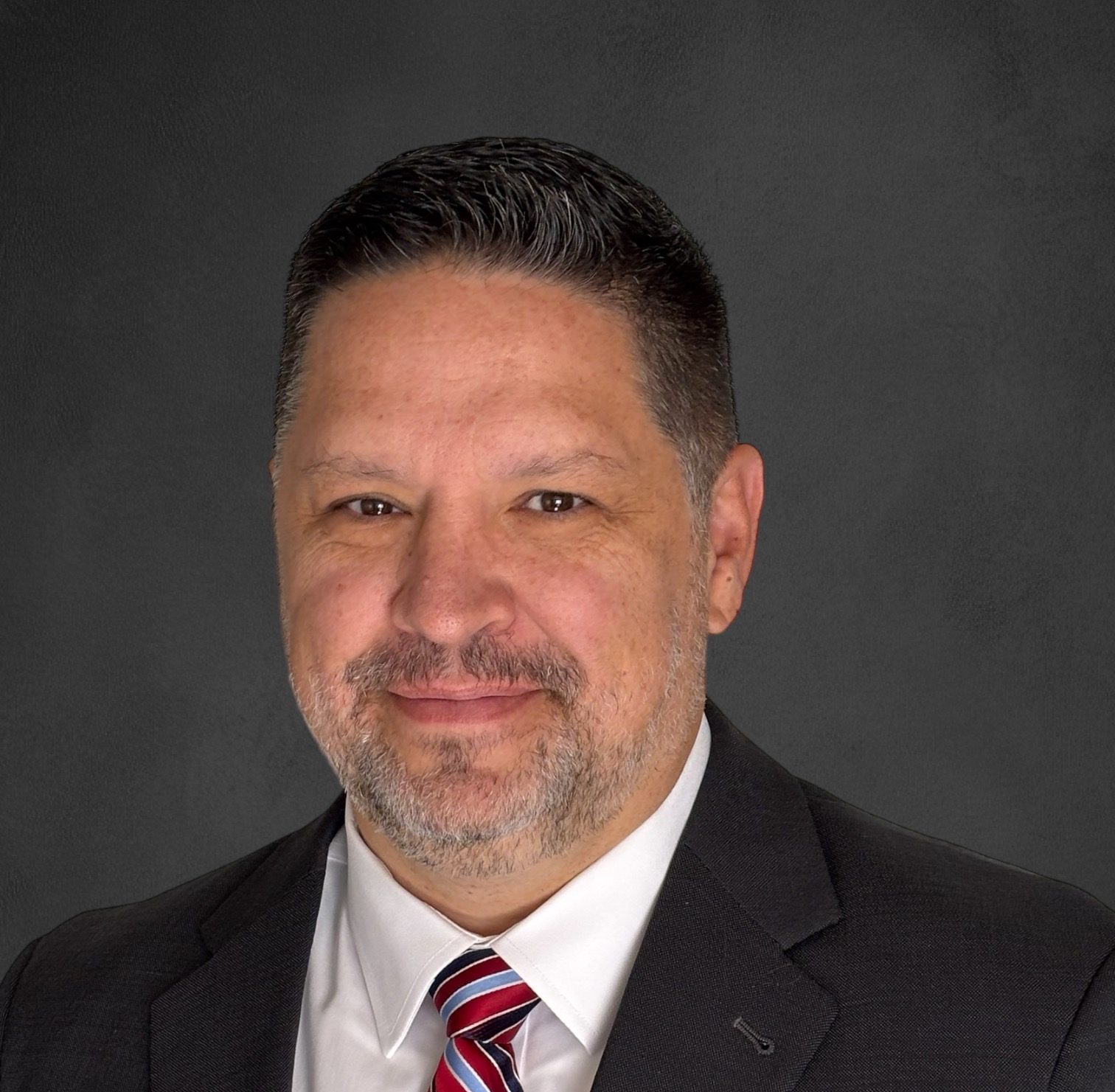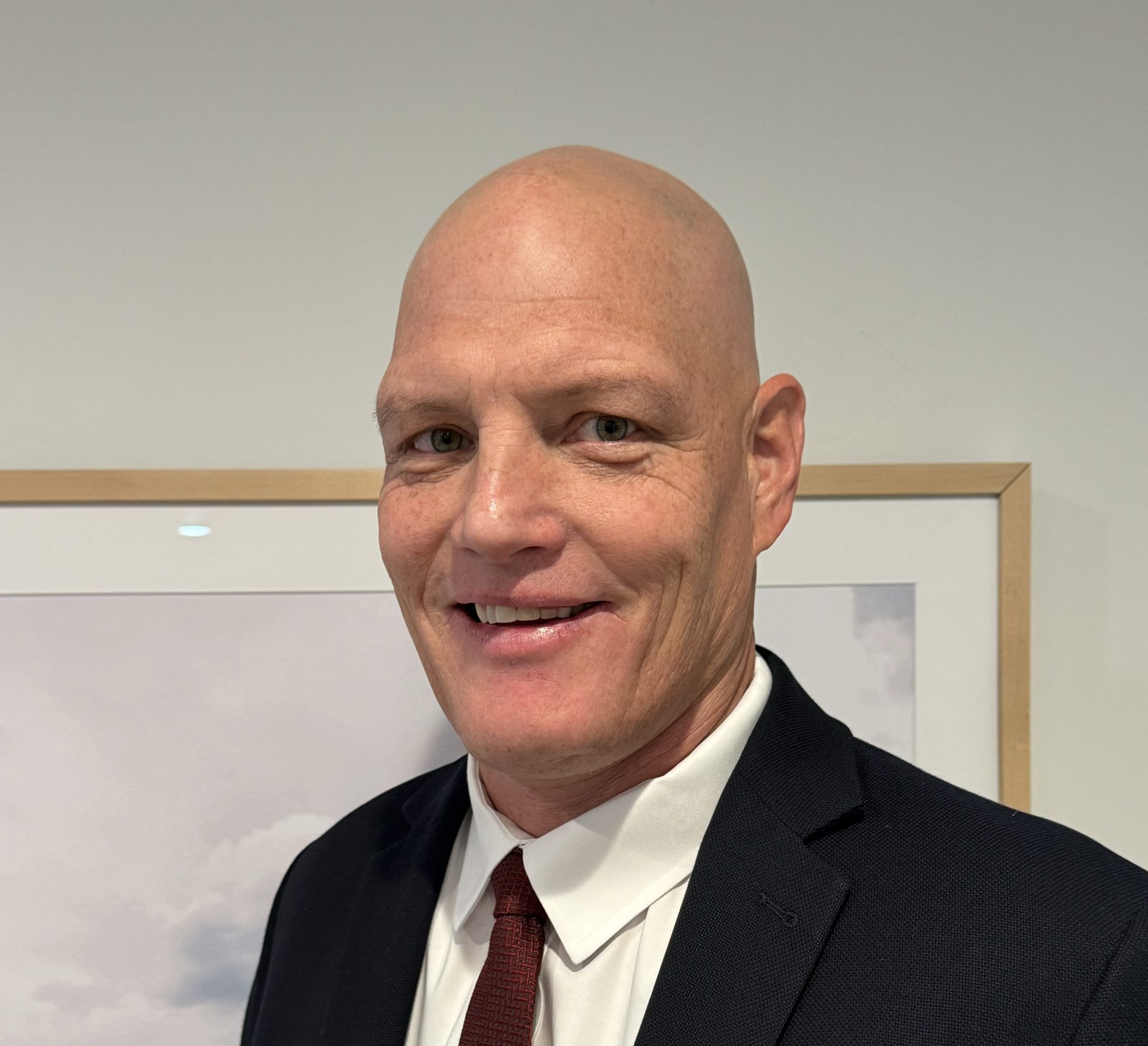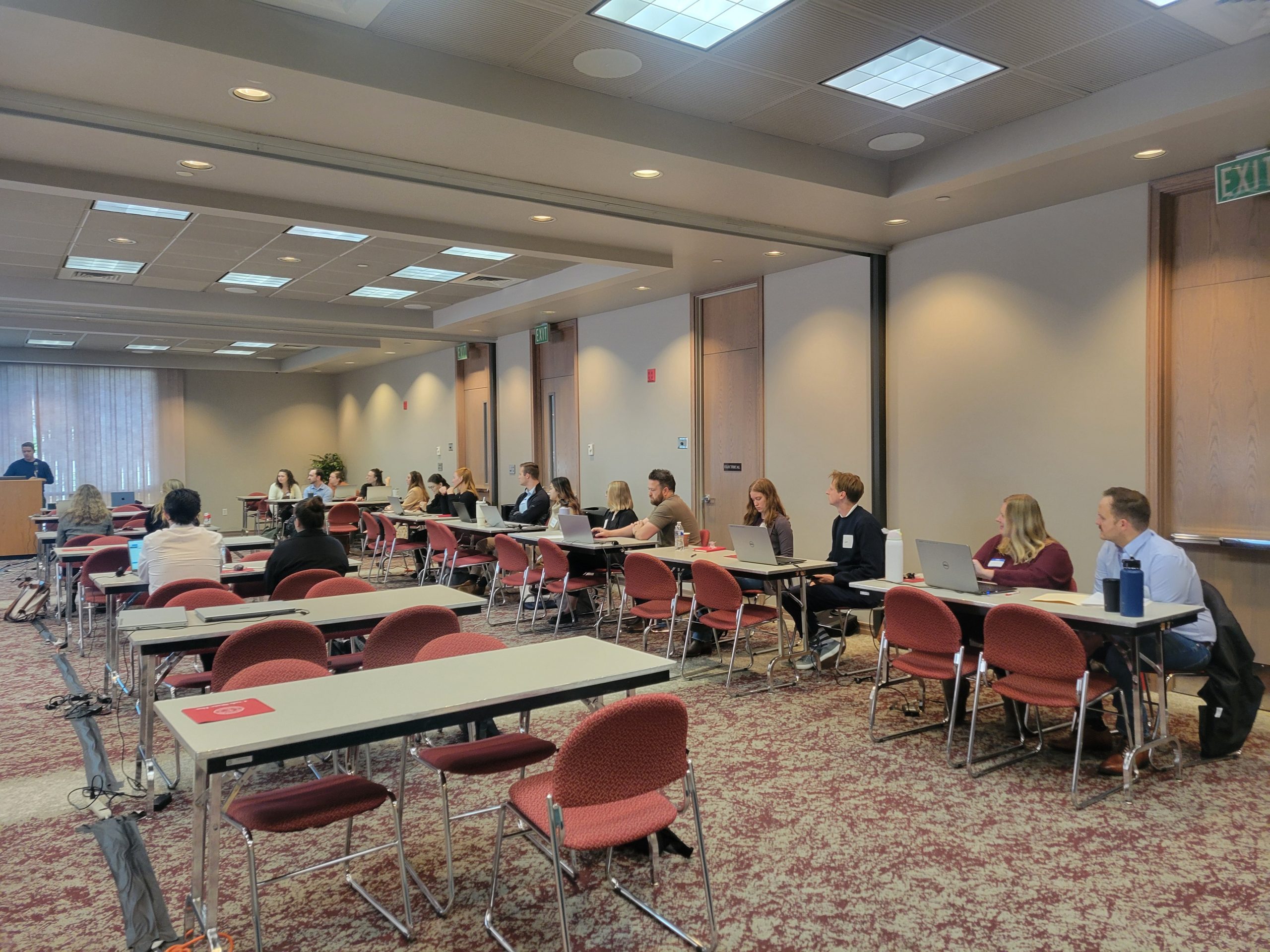Daylight Saving Time (DST) marks a significant shift in our daily lives, often affecting our mood, sleep patterns, and overall well-being. While “springing forward” or “falling back” only alters the clock by an hour, the consequences for mental health and productivity can be more profound than expected. The impact of springing forward and losing an hour of sleep is associated with increased anxiety and stress, depression, strokes, and cardiovascular diseases, as well as injuries and accidents. One study looking at data from 1979 to 1988 found an increase in deaths due to suicide and substance abuse specifically after the spring transition.
Meanwhile, the fall transition may reduce hospital admissions due to increased sleep duration. Although the additional sleep is beneficial, the impact of less daylight comes with its own issues for individuals who struggle with depression, particularly Seasonal Affective Disorder. It’s important to monitor how you and your body respond to these changes in time and identify the most effective ways to cope.
The Impact on Your Mental Health
Daylight Saving Time disrupts our circadian rhythms, the internal clocks that regulate sleep-wake cycles, hormone release, and overall energy levels. Even small shifts in time can disturb these rhythms, leading to issues such as:
- Sleep Deprivation: The sudden change in the clock can interfere with sleep patterns, leading to fatigue, irritability, and decreased cognitive function. Sleep disruptions can worsen anxiety and depression.
- Seasonal Affective Disorder (SAD): The “fall back” shift that happens in autumn reduces the amount of daylight in the evening. Less exposure to sunlight can trigger or exacerbate SAD, a type of depression linked to seasonal changes.
- Mood Swings: Lack of sunlight exposure and disrupted sleep patterns can negatively impact serotonin levels, a neurotransmitter that regulates mood. This can lead to mood swings, irritability, and emotional instability.
- Stress and Anxiety: The shift in time can lead to feelings of stress as individuals adjust their routines. When combined with the pressure to adapt quickly to new schedules, anxiety may increase.
- Productivity and Concentration Issues: Sleep deprivation and emotional changes can result in difficulty concentrating, lower productivity at work, and feelings of burnout.
Understanding these impacts allows us to better prepare for the transition that comes with Daylight Saving Time.
How to Cope with Daylight Saving
1. Gradually Adjust Your Sleep Schedule
One of the best ways to cope with Daylight Saving Time is to prepare your body in advance. A week or two before the time change, start going to bed 10-15 minutes earlier (for “spring forward”) or later (for “fall back”) each night and adjust your morning alarm accordingly. This gradual adjustment will help ease your internal clock into the new schedule, minimizing the shock of the sudden change.
Why It Helps:
Gradual changes allow your circadian rhythm to adapt slowly, reducing the chances of sleep disruption and its associated mental health consequences.
2. Increase Natural Light Exposure
Daylight exposure is vital for regulating your internal body clock. After the clock shifts, especially in the fall, prioritize getting natural light in the morning. Take a short walk outside, open blinds, or sit by a window to let the sunlight in.
Why It Helps:
Sunlight helps regulate melatonin production, the hormone responsible for sleep. More morning light exposure helps reset your circadian rhythm and reduces the risk of SAD.
3. Maintain a Consistent Routine
Sticking to a regular routine helps your body adjust to the change in time more effectively. Aim to eat meals, exercise, and go to bed at the same time each day, even after the time shift.
Why It Helps:
Consistency signals to your body when to expect activity and rest, making it easier to adjust to the new schedule and reducing feelings of fatigue and stress.
4. Prioritize Sleep Hygiene
Good sleep hygiene is critical, especially during the transition to Daylight Saving Time. Create a calming bedtime routine that includes activities such as reading, meditating, or taking a warm bath. Avoid caffeine, alcohol, and screens (blue light) at least an hour before bed.
Why It Helps:
Improved sleep hygiene can mitigate the negative effects of sleep disruptions, helping you fall asleep faster and experience deeper, more restorative sleep.
5. Take Short Naps (But Be Careful)
If you find yourself feeling unusually tired after the time change, a short nap can help recharge your energy. However, try to keep naps under 20 minutes and avoid napping too late in the day, as this can interfere with your ability to fall asleep at night.
Why It Helps:
Power naps can boost alertness and cognitive function without significantly disrupting your sleep-wake cycle.
6. Exercise Regularly
Physical activity is a powerful way to manage the mental and physical impacts of Daylight Saving Time. Try to engage in at least 30 minutes of moderate exercise each day, preferably outdoors to combine the benefits of movement with sunlight exposure.
Why It Helps:
Exercise releases endorphins, which improve mood, alleviate stress, and help regulate your circadian rhythm by promoting better sleep.
7. Monitor Your Diet
What you eat can affect your energy levels and mood, especially during the transition to Daylight Saving Time. Avoid heavy, fatty foods that can make you feel sluggish, and focus on a diet rich in whole grains, fruits, vegetables, and lean proteins. Additionally, limit your intake of caffeine and sugar, especially in the late afternoon.
Why It Helps:
A balanced diet supports stable blood sugar levels, which helps maintain energy and mood stability throughout the day.
8. Use Light Therapy (If Necessary)
For those who struggle with Seasonal Affective Disorder or feel more lethargic after the fall time change, light therapy can be a useful tool. Light therapy boxes mimic natural sunlight and can be used in the morning to boost mood and energy levels.
Why It Helps:
Light therapy helps regulate melatonin and serotonin levels, improving mood and sleep patterns, especially during darker winter months.
9. Stay Socially Connected
Daylight Saving Time can bring about feelings of isolation or loneliness, especially if you’re struggling with low energy or mood changes. Make an effort to stay connected with friends, family, or colleagues, even if it’s through virtual means. Social support can help alleviate feelings of stress and anxiety during the transition.
Why It Helps:
Social connections boost mental well-being and provide emotional support, which is essential during times of adjustment and change.
10. Be Patient and Gentle with Yourself
Adjusting to Daylight Saving Time takes time. If you’re feeling more tired or irritable than usual, remember that these feelings are temporary and part of the adjustment process. Be kind to yourself, practice self-care, and don’t hesitate to seek professional help if your mental health begins to suffer.
Why It Helps:
Self-compassion can reduce the pressure to immediately “bounce back,” allowing you to cope with the transition more effectively and without additional stress.
Daylight Saving Time, while seemingly a small change, can significantly impact your mental health and overall well-being. By understanding the ways it affects your body and mind and applying these coping strategies, you can make the transition smoother and protect your mental health. Whether it’s adjusting your sleep schedule, increasing your exposure to natural light, or practicing good sleep hygiene, these small but impactful changes can help you maintain balance and well-being during the time shift. If you find that the transition is taking a toll on your mental health, remember that seeking help from a therapist or counselor is a valuable step toward managing the effects of DST.
REPRINTED WITH CONSENT FROM TAVA HEALTH.
